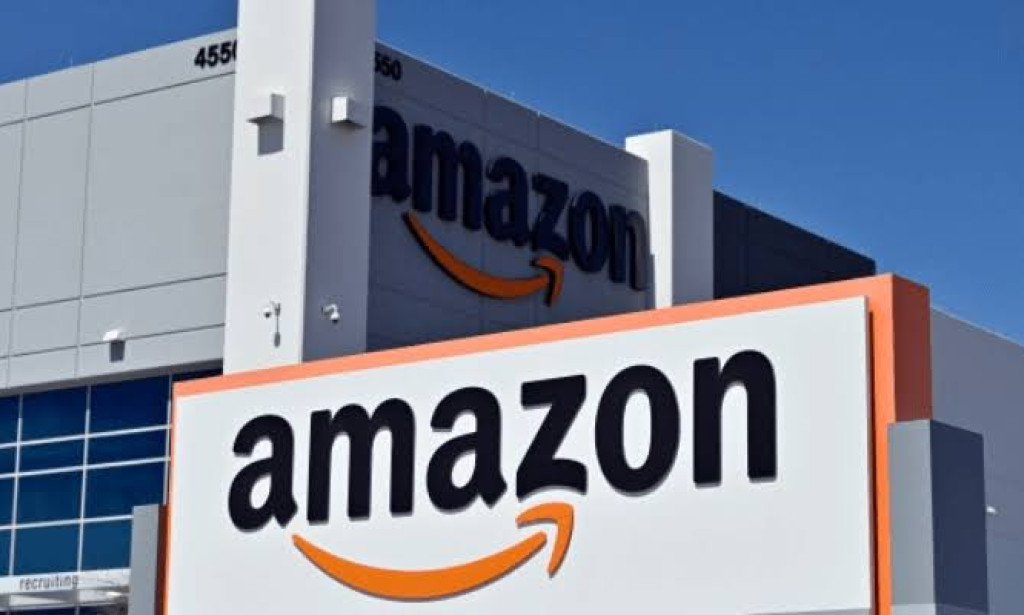Bezos initially operated Amazon out of his garage and shipped books himself. Within a month of launching the website, he had sold books in all 50 states and 45 countries. In 1995, Amazon went public, raising $54 million in its initial public offering (IPO).
Over the next few years, Amazon expanded its offerings beyond books, adding music, DVDs, and other consumer goods. The company also developed new technologies, such as the "one-click" ordering system and customer reviews, that made online shopping more convenient and trustworthy.
In 2002, Amazon launched its cloud computing platform, Amazon Web Services (AWS), which has since become a major part of the company's business. AWS provides a range of cloud-based services, including computing power, storage, and databases, to businesses and organizations around the world.
In 2007, Amazon introduced the Kindle e-reader, which revolutionized the book industry by allowing readers to download and read books electronically. The success of the Kindle led Amazon to expand its offerings further into the digital space, with the launch of Amazon Prime, a subscription service that offers free shipping and other perks, as well as Amazon Studios, which produces original films and TV shows.
Today, Amazon is one of the largest retailers in the world, with operations in dozens of countries and a wide range of products and services. In addition to its retail and digital offerings, Amazon has also expanded into areas such as healthcare, artificial intelligence, and autonomous vehicles, and continues to innovate and grow as a company.



You must be logged in to post a comment.